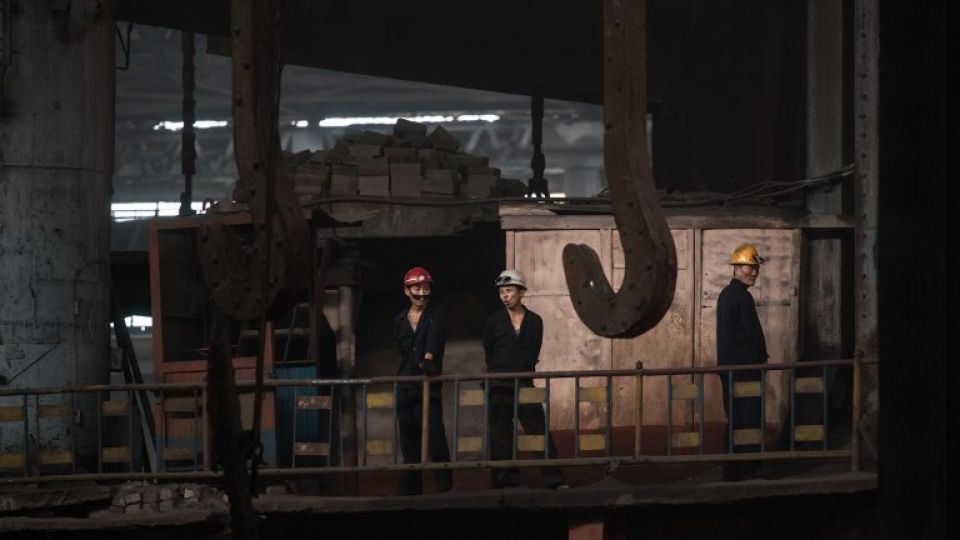September 10, 2018
China says it will be forced to take necessary countermeasures if the United States insists on imposing new tariffs on $200 billion worth of Chinese goods.
China will closely monitor the impact caused by the tariffs and help domestic and foreign companies operating in China to overcome difficulties. China has confidence that it can maintain steady economic growth, said Gao Feng, a spokesman for the ministry.
US President Donald Trump’s administration has threatened 25 percent tariffs on the Chinese imports, including seafood, furniture, lighting products, tires, chemicals and plastics. The US plan could take effect as soon as Friday, when a public comment period on the proposal ends.
The two sides are still maintaining working communications after bilateral talks at the vice-ministerial level took place late last month in Washington, and any pressure the US applies will be ineffective in its dealings with China, Gao said.
The trade friction has been heating up for several months, and targeted goods have also expanded to automobiles.
Wei Jianguo, former vice-minister of commerce, said the US is handling relations with China in an extremely high-pressure and irrational manner. “In contrast, China is much calmer and values protecting domestic companies and minimizing their losses. Recent data shows that China’s foreign trade has stabilized and the growth momentum has been consolidated.”
Wang Huiyao, director of the Center for China and Globalization, a Beijing-based think tank, said that even though it is still unclear whether the new tariffs would be set at 10 percent or 25 percent, it would be highly disruptive to the global supply chain and would affect many countries. “Each side wishes the other side would back down first, but if nobody does, losses will continue.”
The US government already imposed 25 percent tariffs on $34 billion of Chinese imports in July and another $16 billion last month. Beijing responded in kind.
Chen Wenling, chief economist at the China Center for International Economic Exchanges, said China still needs to make long-term preparations for the Sino-US trade spat, which may require many years to resolve. China must diversify its exports, focus on the research and development of core technologies, such as semiconductors.


